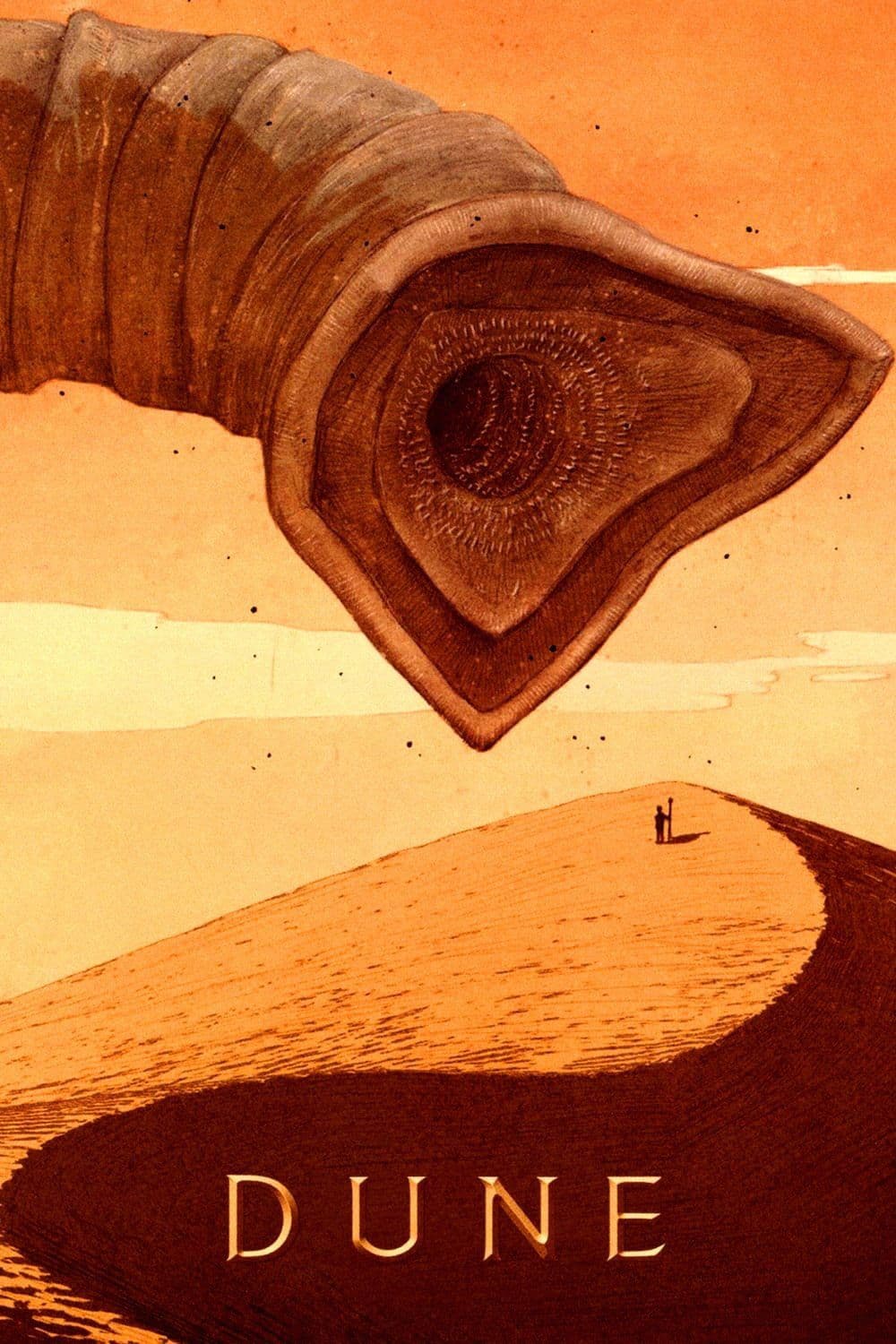
Dune
1984
Rate this movie
Average: 0.00 / 5
(0 votes)
Director
A decidedly controversial and troubled film with a long history behind it: initially, Jodorowsky was commissioned to direct it ten years earlier, but at the very final stage of production (it is said that the posters were already ready) the Chilean director withdrew. The saga of his Dune, moreover, has become almost more legendary than the film itself, an epic of immoderate ambition, featuring a stellar cast that included Salvador Dalí as Emperor Shaddam IV and Mick Jagger as Feyd-Rautha, and a team of visionary designers such as Moebius, H.R. Giger, and Chris Foss, whose creations, though never reaching the big screen, would later influence decades of cinematic science fiction. The megalomania of Jodorowsky's project, with an estimated runtime of over 10 hours and a budget that verged on the impossible for the era, condemned it before a single reel was shot, but its artistic ghost still hovers over every subsequent incarnation of Herbert's masterpiece.
Ridley Scott was then called upon, but he too, faced with the enormous scope of Herbert's saga (ten volumes), withdrew, preferring to dedicate himself to another dark science fiction classic, Blade Runner, perhaps sensing the insurmountable challenges of condensing such an universe into a single feature film without distorting it.
The project then passed into the hands of David Lynch, who made substantial changes to the screenplay, significantly simplifying some themes and introducing others. His vision, imbued with surrealism and a visceral aesthetic that marries the organic with the mechanical, often clashed with the expectations of a science fiction blockbuster, leading to a final product that bears the director's indelible mark but, at times, betrays the compromises imposed by the production. It is no coincidence that Lynch himself disowned the distributed film version, requesting that his name be removed and replaced with the pseudonym "Alan Smithee" in extended television editions, a testament to a bitter battle between artist and studio.
Lynch remained faithful to the first novel of the Saga, which, incidentally, won two prestigious science fiction literature awards, the Hugo and the Nebula, but infused it with his peculiar sensibility, translating Herbert's introspective prose into often unsettling and symbolic images, sometimes at the expense of narrative clarity for those unfamiliar with the original text.
At the box office, it was a colossal flop, but then it carved out a comeback in the home video market, becoming over the years a minor cult classic of science fiction. Its initial reception was cool, perhaps because the audience, accustomed to the clear lines between good and evil in Star Wars, was not ready for the philosophical complexity, baroque disquiet, and moral ambiguities that Lynch poured onto the screen. Yet, over time, Dune found its audience, appreciated for its aesthetic audacity, its ability to construct an alien world that is both sublime and grotesque, and for daring to bring such a dense and important literary work to the cinema.
The universe of Dune is divided into four planets: Caladan is the home planet of House Atreides, ruled by Duke Leto Atreides, a close ally of Emperor Padishah Shaddam IV; Giedi Prime is the planet of House Arkonnen, commanded by Baron Harkonnen, sworn enemy of the Atreides; the planet Kaitain, seat of the imperial house; and the planet Arrakis, or Dune, the only place in the Universe for the extraction of the Spice, a precious substance capable of distorting time and space to allow the powerful Spacing Guild's ships to travel from one end of the galaxy to the other. The Spice, or Melange, is not only a catalyst for interstellar travel but the lifeblood of the Imperium, a mystical drug that extends life, bestows prescience, and opens the mind to unknown dimensions, making clear Herbert's allegory about reliance on natural resources and the geopolitical power derived from it. It is the oil of a distant future, but with deeply rooted spiritual and cognitive implications.
Baron Harkonnen conspires in collusion with the Emperor to overthrow the Atreides and take their place on Arrakis for Spice extraction. Lynch's depiction of the Harkonnens is perhaps among the most memorable and disturbing: creatures of physical and moral decay, the Baron (played by an unforgettable Kenneth McMillan) a bloated balloon of flesh and perversion, an embodiment of grotesque evil that recalls the dark and deformed figures typical of the director's imagery.
Paul Atreides, the Duke's son, manages to escape the Purge by retreating into the desert where he comes into contact with the Fremen people, fierce warriors capable of riding the gigantic sand worms that feed on the Spice. These desert leviathans, Shai-Hulud, are not mere monsters but living deities, guardians of Arrakis's ecosystem and symbols of nature's untamed power. Their riding by the Fremen, in an almost shamanic ritual, is one of the film's most powerful and iconic images, a symbiotic union between man and a hostile environment.
Thanks to them and to the Mother, a priestess of the ancient Bene Gesserit cult, he will discover he is the Kwisatz Haderach, the perfect individual, a messiah endowed with powers of prescience whose advent the Bene Gesserit sisterhood had been programming for centuries through a genetic selection program. The Bene Gesserit, with their genetic manipulations and their subtle but pervasive political influence, act as puppet masters of the Empire, orchestrating centuries-old events to forge the perfect messiah, a theme that explores the dangers of fanaticism and the overwhelming burden of predestination.
Paul, with the help of the Fremen and his new powers, will be able to wage war against the perfidious Baron and reclaim Arrakis and the Spice. The exile and rebirth of Paul Atreides becomes a metaphor for the rebirth of an entire people; under the mystical and military guidance of the legendary Mahdi and with the help of the Fremen population and the gigantic Spice Worms, the supreme being ascends to the center of the Universe. His transformation, from young aristocrat to charismatic and messianic leader, is represented with an almost visionary intensity, culminating in an ending that, although rushed for brevity, captures the essence of his rise to power.
An essential work for following the cinematic evolution of Science Fiction. Lynch's Dune, with its imposing set designs and pioneering (though not always impeccable) special effects for the era, left an indelible mark on the sci-fi imagination, visually influencing subsequent works and solidifying the idea that science fiction could also be an expression of a surreal and dreamlike aesthetic.
Despite its detractors, a film that retains an inescapable fascination. The music by Toto and Brian Eno certainly contributes, an unexpected fusion of the band's rock majesty and the ambient artist's ethereal atmosphere, creating an unforgettable and distinctive soundtrack. Their collaboration is a perfect example of how seemingly dissonant elements can converge to forge a unique and powerful sonic identity, while Lynch's love for Herbert's writings found a marvelous cinematic adaptation; an audacious attempt to do justice to a titanic literary work, even if imperfect, it remains a monument to courage and vision.
Country
Gallery
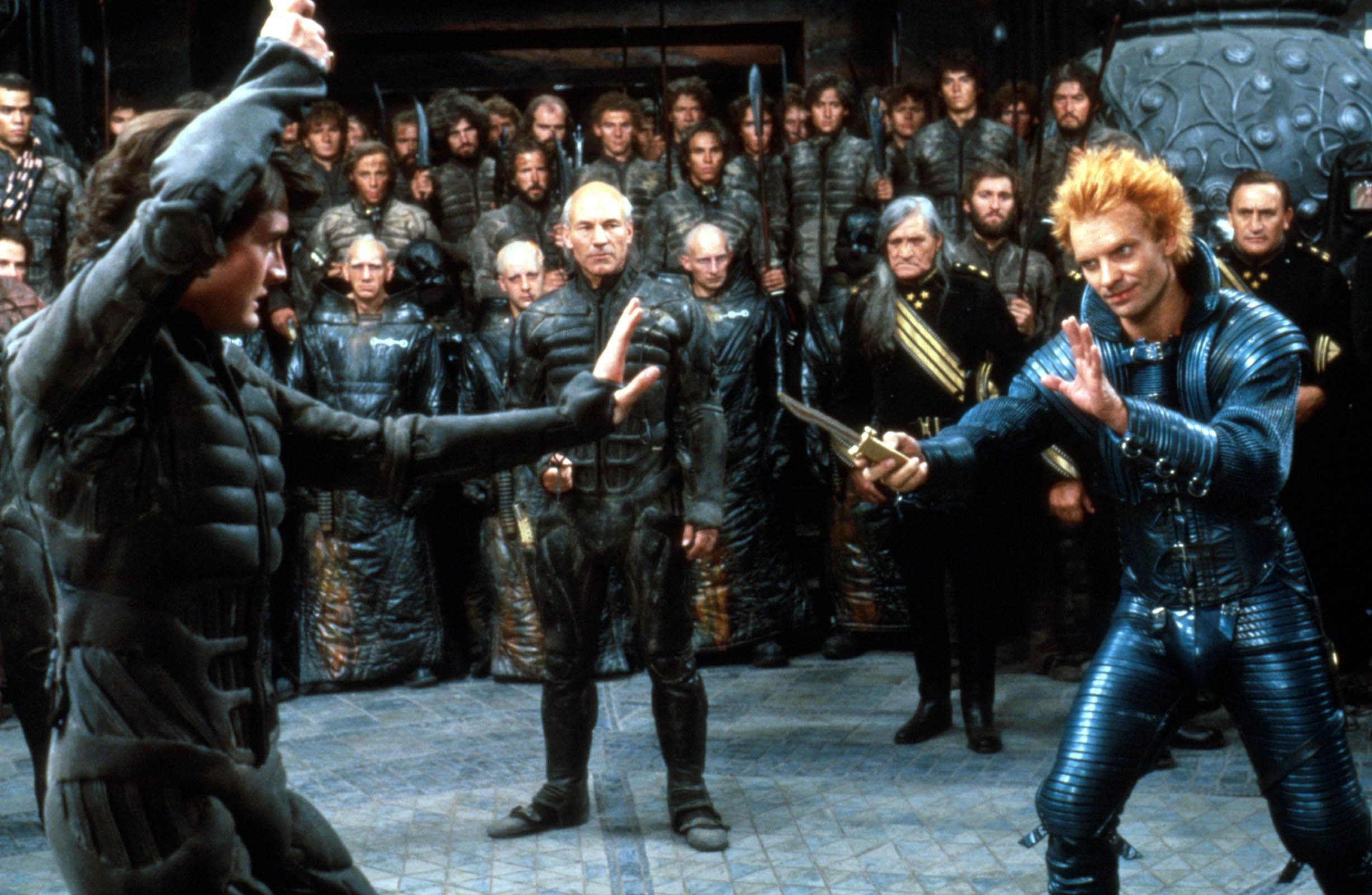
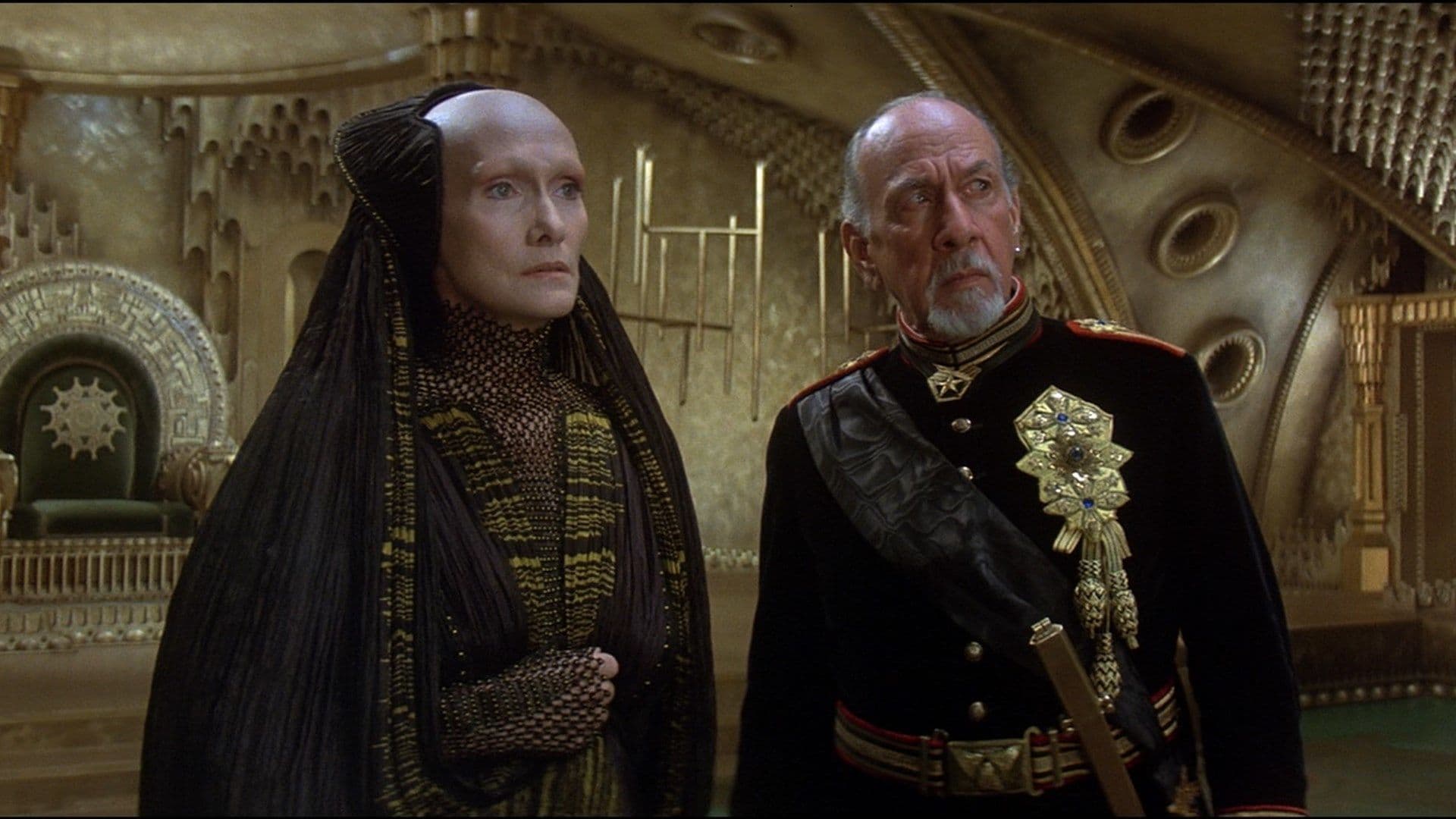

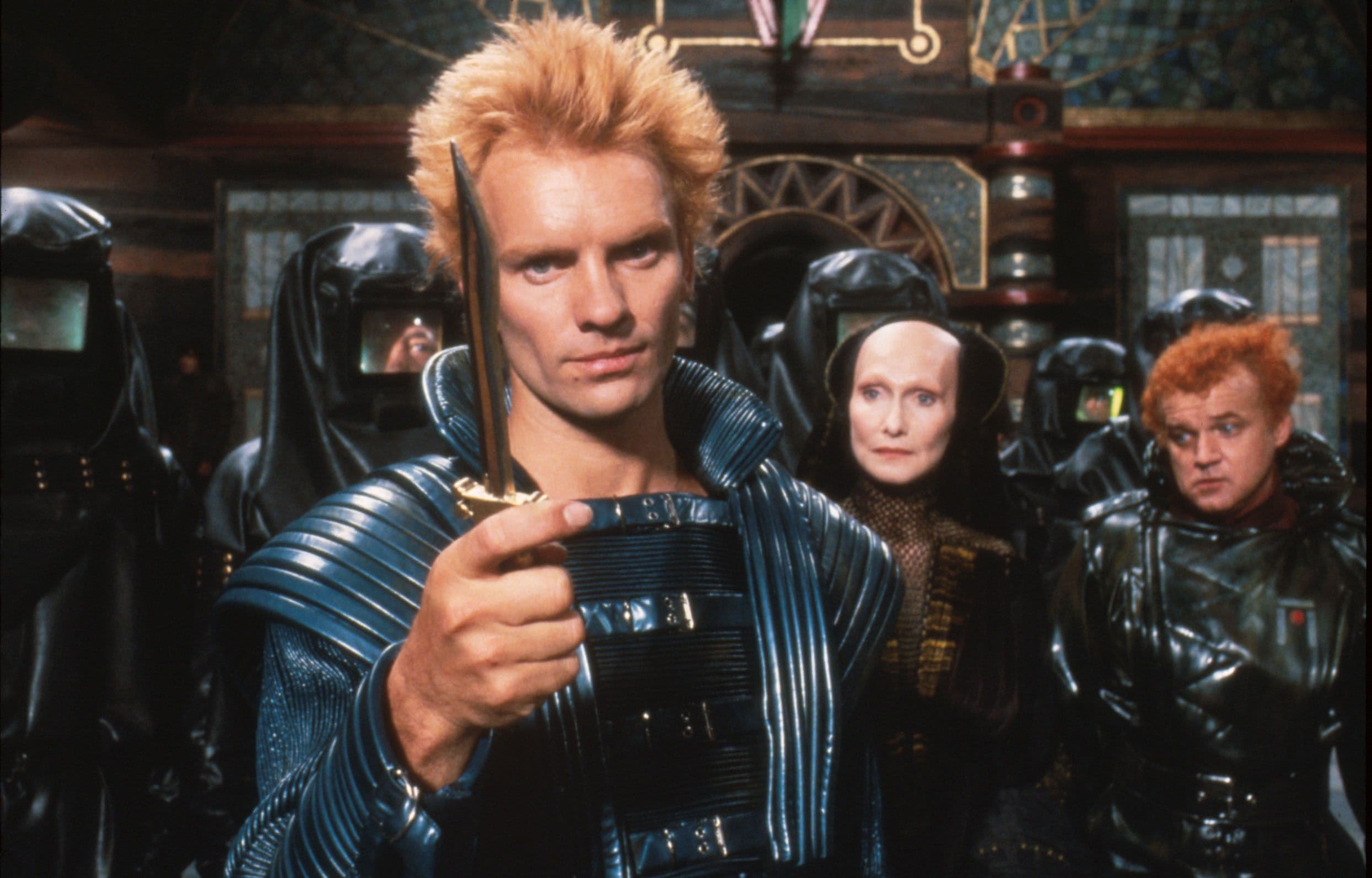
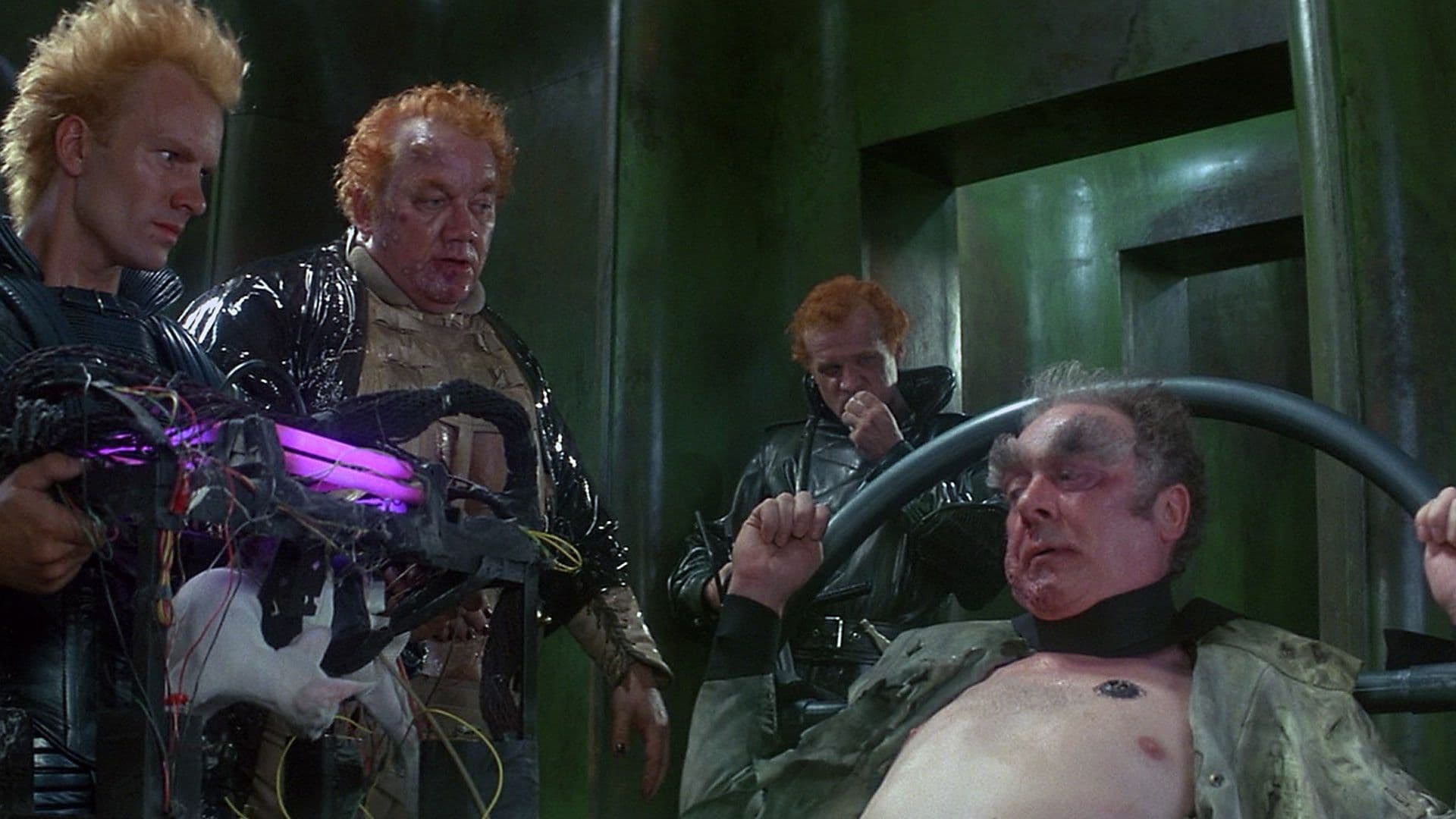
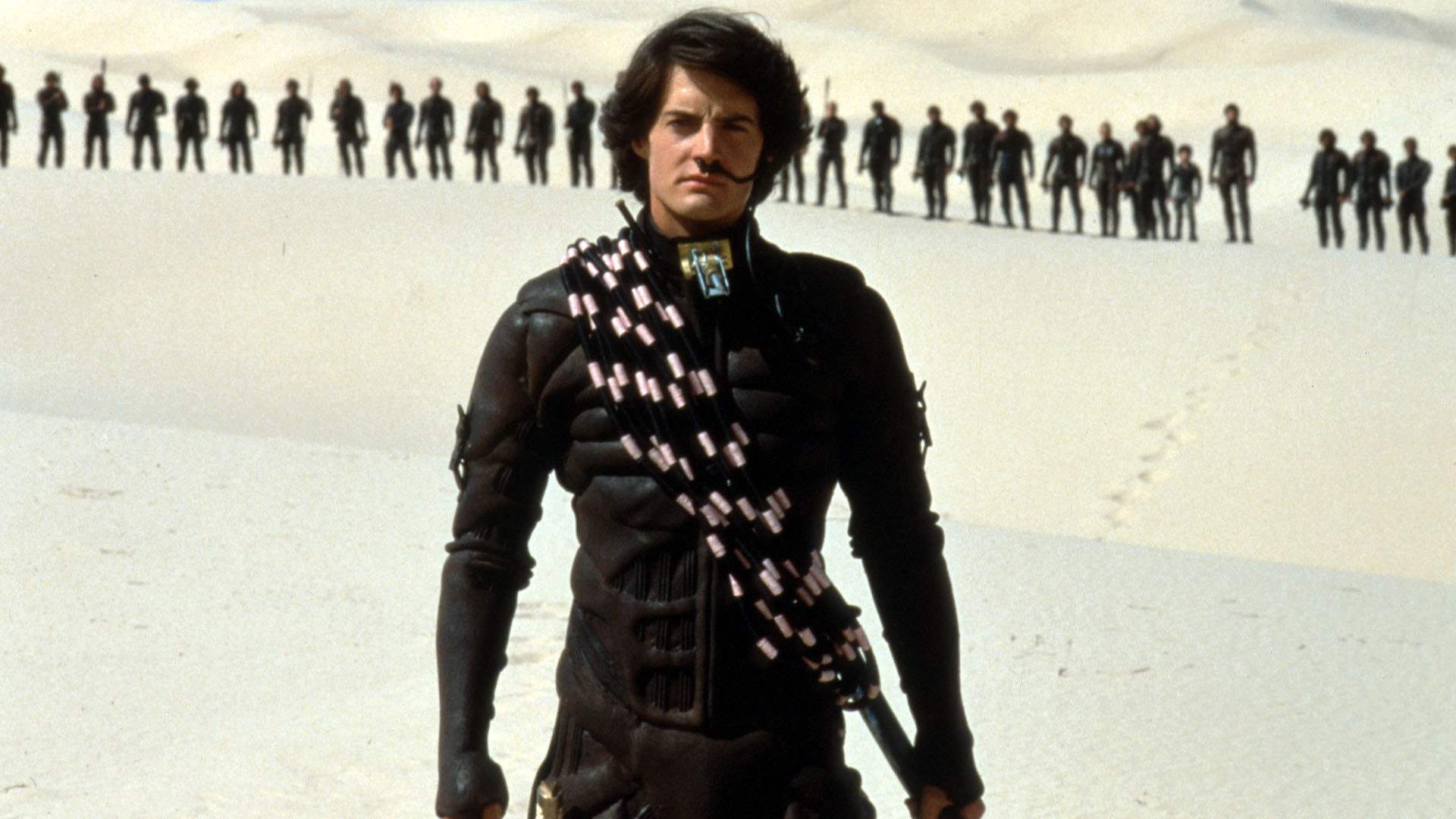
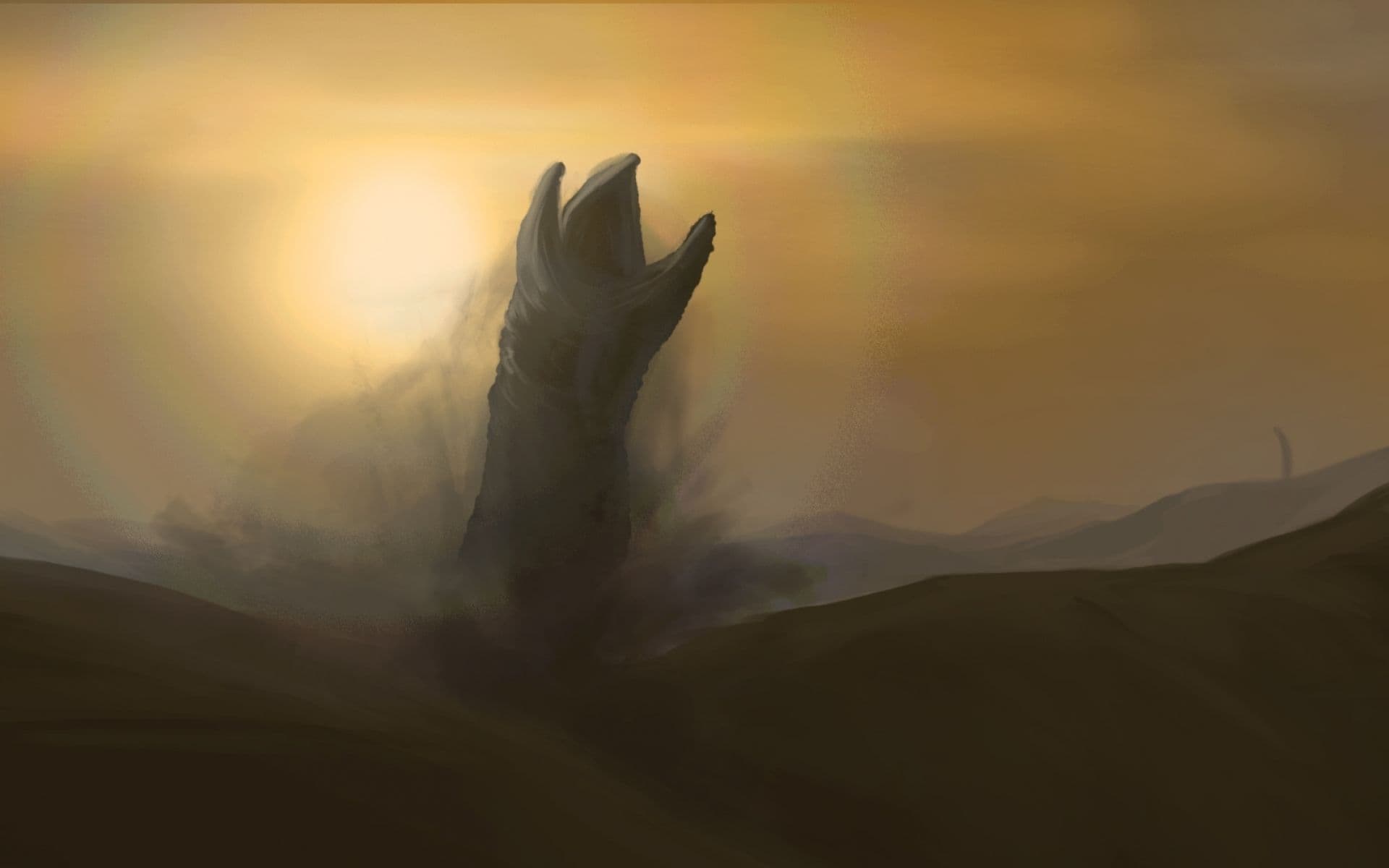
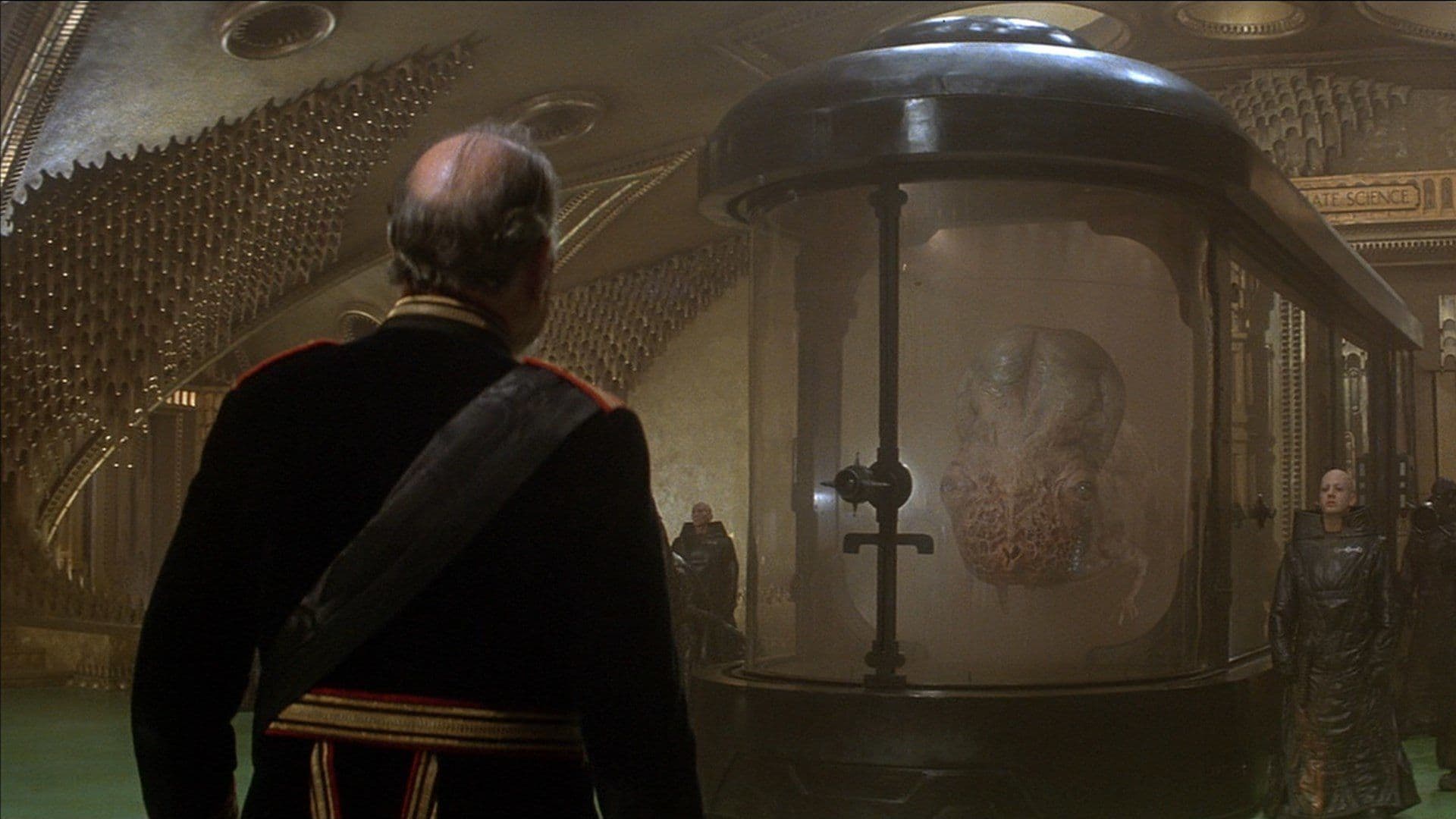
Comments
Loading comments...